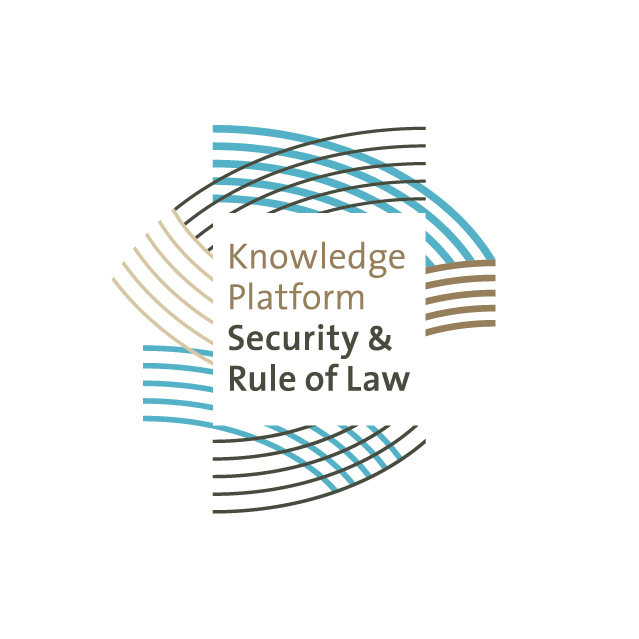“The issue isn’t cleaning the trash, the issue is keeping the trash out of the river" said Rachel Kleinfeld at a lunch meeting at the Knowledge Platform Security & Rule of Law, to underscore that reform of Rule of Law is a deeply political issue. The complexity and interdependency of rule of law requires new thinking on how to do interventions, and on how to measure outcomes of non-linear processes.
| Read more? See the tweets about programming for complex development, and other Platform publications under the tag #measuringSRoL. |
A shift in equilibrium
Rachel discussed her work on programming for complex environments, and her new research on how countries with high levels of violence got better. Rachel emphasized that typical policy reform is not linear, and it takes a long time. When the problem is not a flaw in the system, but rather the system itself, a shift in equilibrium is required to a new system altogether.

How countries with high levels of violence, get better
Rachel’s new research on how countries with very high levels of violence (including Honduras, Colombia, Georgia) succeeded in reducing violence, shows that this complex change does not primarily have to do with improvements in rule of law. Instead, in many cases, deals were made with the violent elites, leading to temporary improvement and vicious circles of state collusion and loss of legitimacy. In order to sustainably improve, the system had to jump to a new equilibrium, and three crucial things needed to happen simultaneously:
- The bad actors have to misstep, losing allegiance of citizens
- Citizens need to get together and be ready to make change happen
- A politician has to seize the momentum to ride it to power
When this happens, the new power holder will have an overwhelming mandate to draw in power and change the system – with the risk that this may lead to new authoritarianism.
Planning, programming and measurement together, constantly
In order to work on security and rule of law reform in such complex environments, planning, programming and measurement should go together constantly, Rachel explained. Since interventions are often temporary, it is important to identify actors on the ground that will make this their life mission, to build a coalition of local people with deep knowledge, and plan the program together with them: in this way, planning is part of the action.
A challenging shift in mindset
A lively discussion underlined the importance of short links between donors and local partners, a focus on fewer places of intervention, iterative and flexible programming and assessment, and long-term involvement. The discussion also brought out that it requires time to develop deep knowledge and short links. This means working in complex environments requires delegation of certain authority for making changes, to the people executing the programs. The Ministry of Foreign Affairs’ new approach in developing strategic partnerships is a way to deal with this. Still, changing the way of working requires a challenging shift in mindset, to start using theories of change as living documents, and not as alternative results frameworks, and to focus on measuring outcomes versus outputs.
High on the policy agenda
The lunch meeting underscored that security and rule of law reform is a challenging process, and that developing new ways to measure the effects of investments in this sector is high on the policy agenda. These new ways should focus on learning, testing assumptions and doing justice to the challenges of working on security and rule of law, to counter inflated ambitions, and enable substantiated choices to focus long-term efforts on a limited number of cases.




 Countries and regions such as Syria or CAR, caught up in high levels of violence and atrocities, expose the limits of the current international response system. With the international community’s inability to reform the United Nations Security Council, and other innovations such as the Responsibility to Protect not having the desired impact, this event sought to explore fresh thinking on international conflict management.
Countries and regions such as Syria or CAR, caught up in high levels of violence and atrocities, expose the limits of the current international response system. With the international community’s inability to reform the United Nations Security Council, and other innovations such as the Responsibility to Protect not having the desired impact, this event sought to explore fresh thinking on international conflict management.
